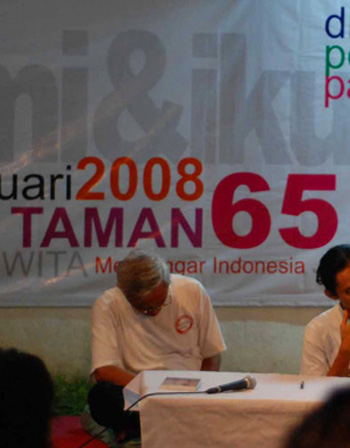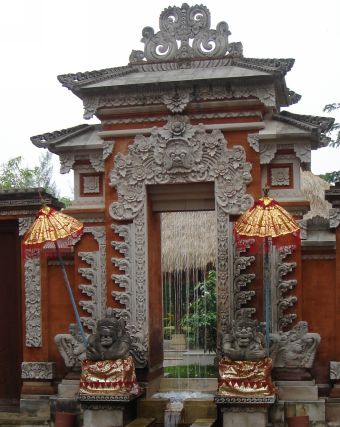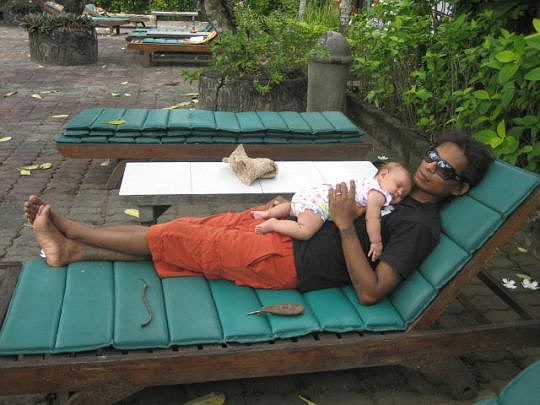Essay: When cultural roots meet political change
31 March 2025by FERHANDI PRASETYO
Essay: The illusion of choice at the crossroads
25 March 2025by ABELLIA ANGGI WARDANI
An interfaith journey
23 February 2025by FANNY SYARIFUL ALAM
Single fighters
13 February 2025by SHERI LYNN GIBBINGS, ELAN LAZUARDI AND ROBBIE PETERS
Myth, art and science
13 February 2025by NATASHA DOROSHENKO MURRAY
Esai: Raja-raja hutan
22 January 2025by JAKA HENDRA BAITTRI
Essay: Kings of the jungle
22 January 2025by JAKA HENDRA BAITTRI
Sukarno's Indonesia as seen from Yogyakarta
06 January 2025by MARK WOODWARD
Essay: Beyond cultural awareness
31 December 2024by VICTORIA WINATA
Tetangga: These are the stories of our neighbours
23 October 2024by ASHLYNN HANNAH & SOFIA JAYNE























